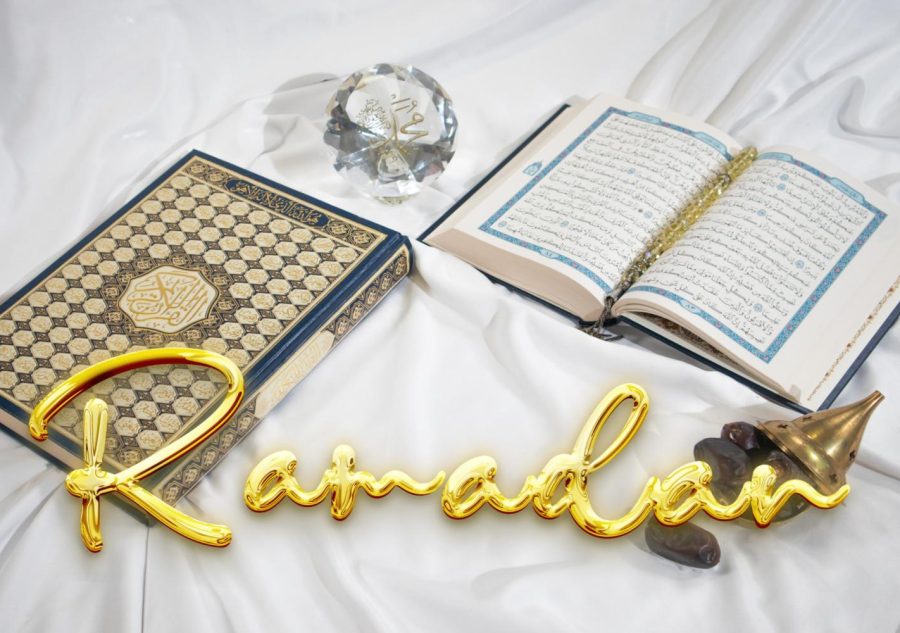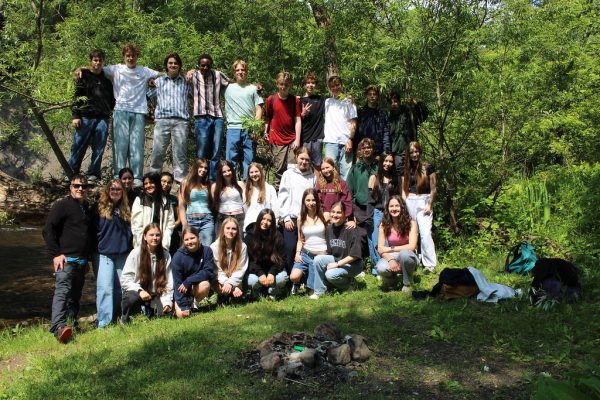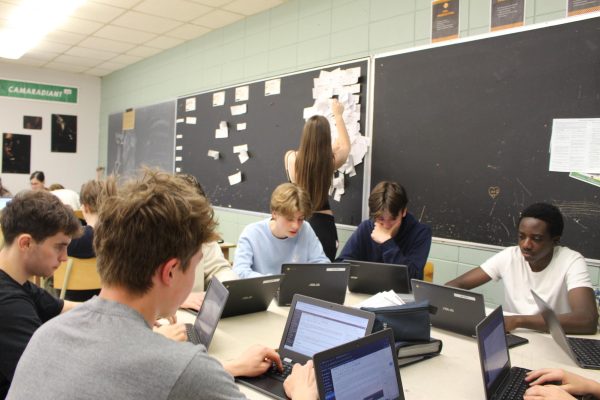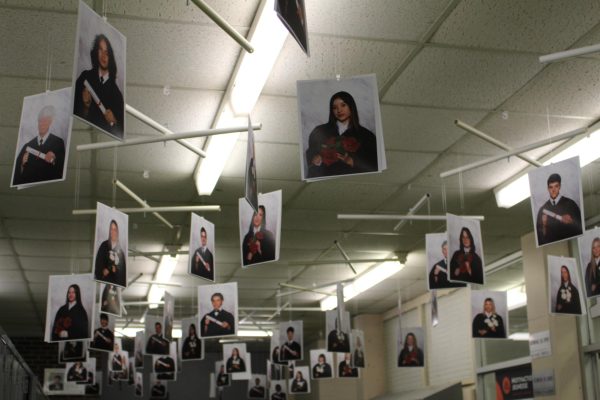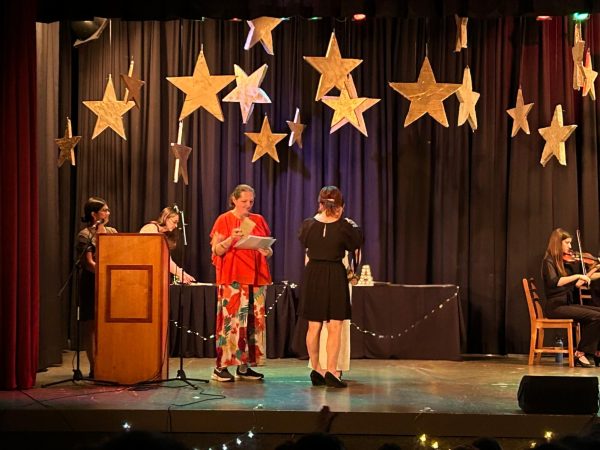What You Need to know About Ramadan
“Not even water?” is one of the sentences with myths that most Muslims are tired of hearing every year when Ramadan comes up; here is what you should know about that month to help our students.
What’s Ramadan?
Ramadan is the 9th and holiest month on the Islamic lunar calendar. For the entirety of the month, Muslims fast every day from dawn to dusk, meaning they abstain from eating, drinking, and sinning. Here is a couple of reason why.
Fasting is an act of worship, one of the pillars of their faith, and a way to practice their devotion to god. It strengthens their relationship and their faith in their creator and reminds them of everything they must be grateful for. Fasting allows them to practice patience, break unhealthy habits and form healthier new ones.
“What most people say in this time of year is how sorry they are for us who can’t eat nor drink and how they could never inflect that to themselves when in reality it’s a beautiful month where we Muslims gain strength,” said a student.
Ramadan is a month of personal and spiritual growth like a hard reset and a full mind and body cleanse. On top of fasting, Muslims are encouraged to volunteer to give to charity to help those less fortunate. They’re encouraged to learn, grow, and encourage others to do the same; it’s about self-betterment and community betterment. Ramadan is a rewarding month that Muslims across the globe look forward to every year.
Ramadan can be challenging; that’s why some people are exempt from fasting. Children up to puberty, elderly people, pregnant women and those breastfeeding don’t have to do Ramadan without having to make it up later. There’s also the group of people who can abstain from fasting for some short period. Women who have their menstruation, the ones who are traveling, and people who are sick or giving a significant amount of energy in an essential task can eat but must redo those days before the next Ramadan.
Things that cancel fasting is eating and drinking, of course. Still, there are other forbidden elements, like smoking, making yourself throw up, fainting, and nutritional injections. Only after dusk can all those things be done, but if not, the person must repeat their day.”I’m honestly more tired of people asking me if I can’t even drink water than the actual Ramadan,” said one Muslim student
“What if you eat or drink by accident?” asked a student; if it does happen, the person needs to stop eating or drinking immediately and doesn’t need to redo their fast. In the Quran, Islam’s sacred text, the Prophet Muhammad said, “If somebody eats something forgetfully while he is fasting, then he should complete his fast, for Allah has made him eat and drink.”
If you know someone who’s Muslim and wants to support them during this challenge, you can wish them Ramadan Mubarak and a blessed month.

